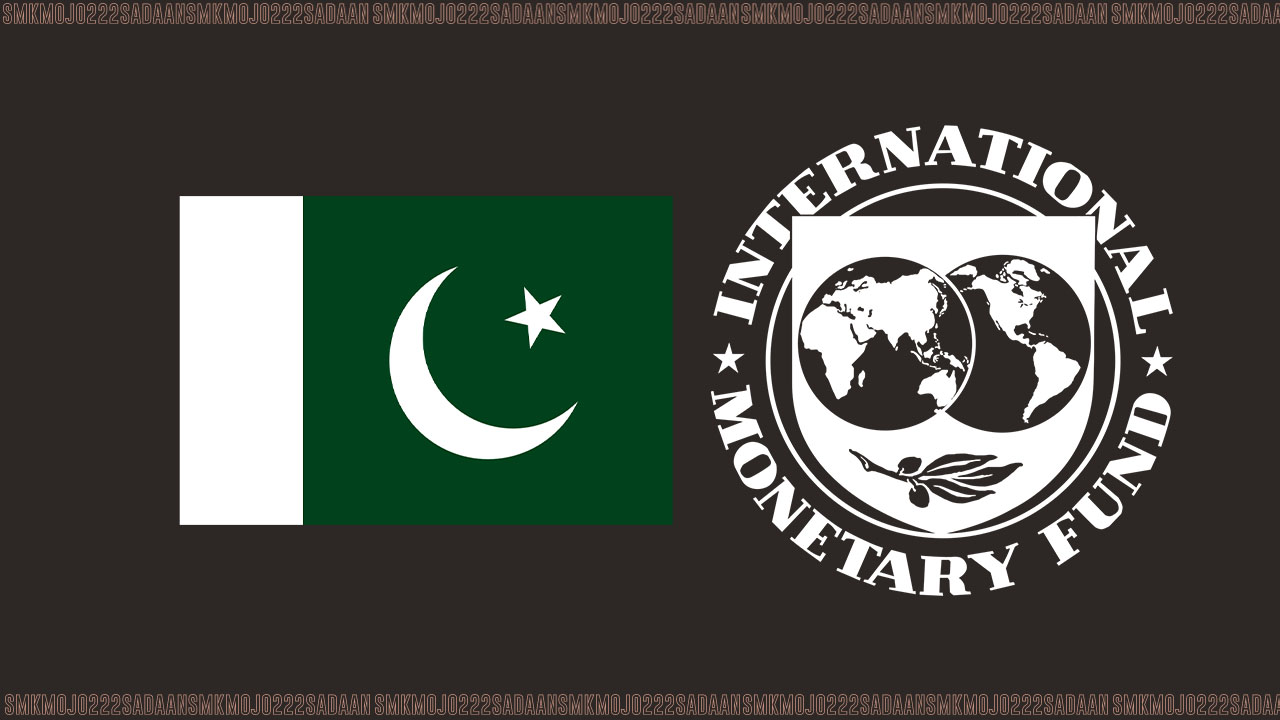In a significant development, Pakistani authorities and the International Monetary Fund (IMF) team have reached a staff-level agreement on a 37-month Extended Fund Arrangement (EFF) worth SDR 5,320 million or $7 billion, as per a statement issued by the IMF.
This agreement is contingent upon approval by the IMF’s Executive Board and the timely confirmation of necessary financing assurances from Pakistan’s development and bilateral partners.
The programme aims to build on the macroeconomic stability achieved over the past year by further strengthening public finances, reducing inflation, rebuilding external buffers, and removing economic distortions to promote private sector-led growth.
In response to a request from Pakistani authorities, an IMF team led by Nathan Porter, IMF’s Mission Chief to Pakistan, held discussions from May 13-23, 2024, in Islamabad and virtually thereafter on IMF support for Pakistan’s medium-term policy and reform plans.
The key policy goals of the programme include:
1. Sustainable public finances: This will be achieved through gradual fiscal consolidation by broadening the tax base and removing exemptions, while increasing resources for critical development and social spending. The authorities plan to increase tax revenues by 1.5% of GDP in FY25 and 3% of GDP over the programme duration. The FY25 budget targets an underlying general government primary surplus of 1% of GDP (2% in headline terms). Revenue collection will be enhanced through simpler and fairer direct and indirect taxation, including properly taxing net income from the retail, export, and agriculture sectors.
2. Fiscal balance between federal and provincial governments: A National Fiscal Pact has been signed to rebalance spending in line with the 18th constitutional amendment. This will see provincial governments taking on higher spending responsibilities for education, health, social protection, and regional public infrastructure. Provinces will also increase their tax collection efforts, particularly sales tax on services and agricultural income tax. From January 1, 2025, all provinces will harmonise their Agriculture Income Tax regimes with federal tax regimes.
3. Reducing inflation and building external buffers: Monetary policy will focus on supporting disinflation to protect real incomes, especially for the vulnerable. The State Bank of Pakistan (SBP) will maintain a flexible exchange rate and improve the functioning and transparency of the foreign exchange market to build reserves and buffer against shocks. Financial stability will be enhanced by deepening access to financing, strengthening financial institutions, addressing undercapitalised banks, and upgrading the crisis management framework.
4. Energy sector reforms: The authorities aim to restore energy sector viability and minimise fiscal risks through timely adjustment of energy tariffs, decisive cost-reducing reforms, and avoiding unnecessary expansion of generation capacity. Targeted subsidy reforms will replace cross-subsidies to households with direct BISP support.
5. Private sector and export dynamism: Efforts will be made to improve the business environment, create a level playing field for businesses, and remove state distortions. This includes improving the operations and management of State-Owned Enterprises (SOEs), prioritising profitable SOEs for privatisation, and enhancing transparency and governance of the Pakistan Sovereign Wealth Fund.
Additionally, incentives for Special Economic Zones will be phased out, agricultural support prices and subsidies will be reduced, and no new regulatory or tax-based incentives will be introduced that could distort the investment landscape.
6. Anti-corruption and governance reforms: The authorities have committed to advancing anti-corruption measures, governance, and transparency reforms, and gradually liberalising trade policy.
“The IMF team is grateful to the Pakistani authorities, private sector, and development partners for their hospitality during the visit to Islamabad and for the fruitful discussions,” the statement reads.







